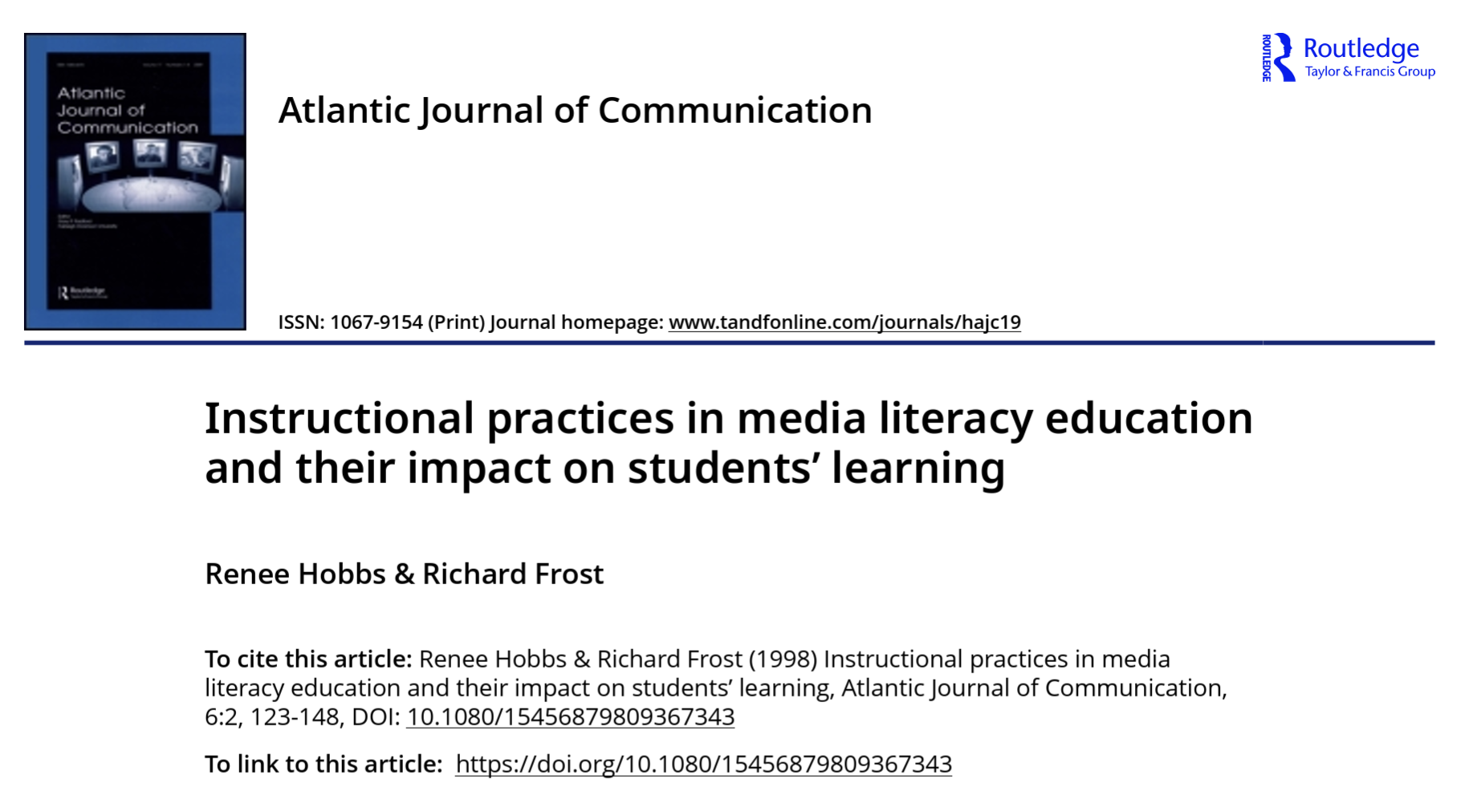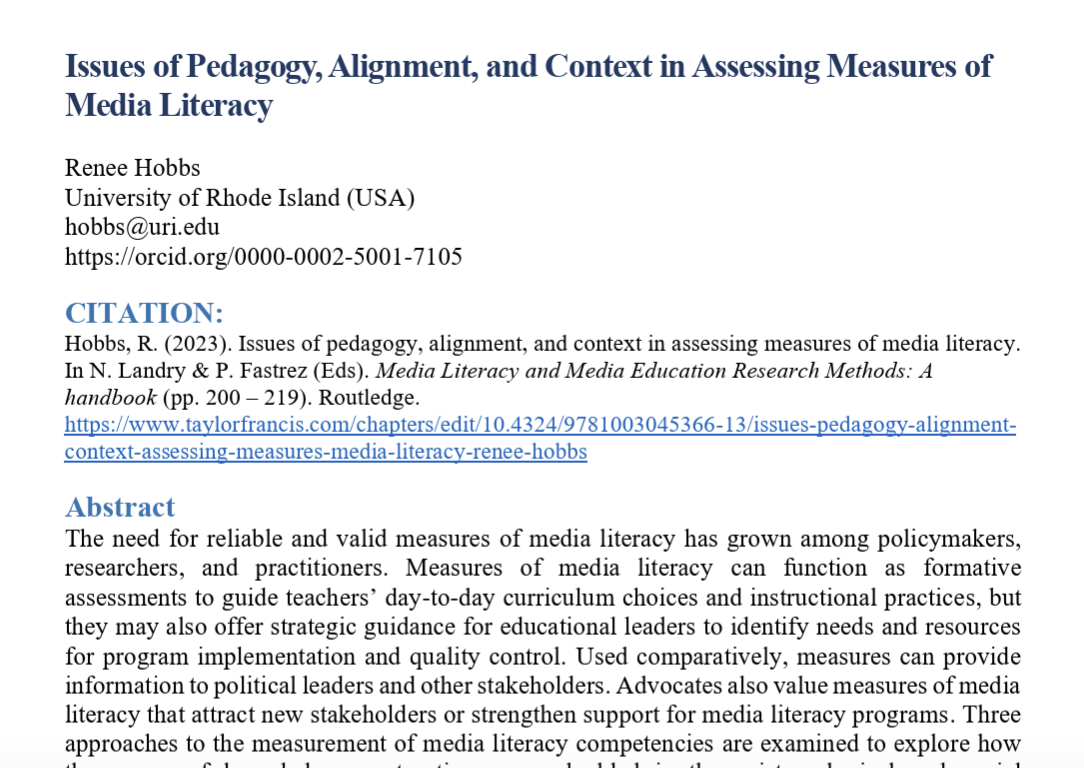- Home
- News Literacy
News Literacy
Learning to appreciate and analyze the news media and participate actively as a citizen are vital dimensions of media literacy education. Today's students need to learn to critically analyze news and journalism that comes to them through social media, exploring how people's likes and share affects how news spreads. Because news consumers now have greater influence than ever, a deep understanding of how news constructs social reality enables learners to appreciate how journalism can either reinforce or challenge the status quo.
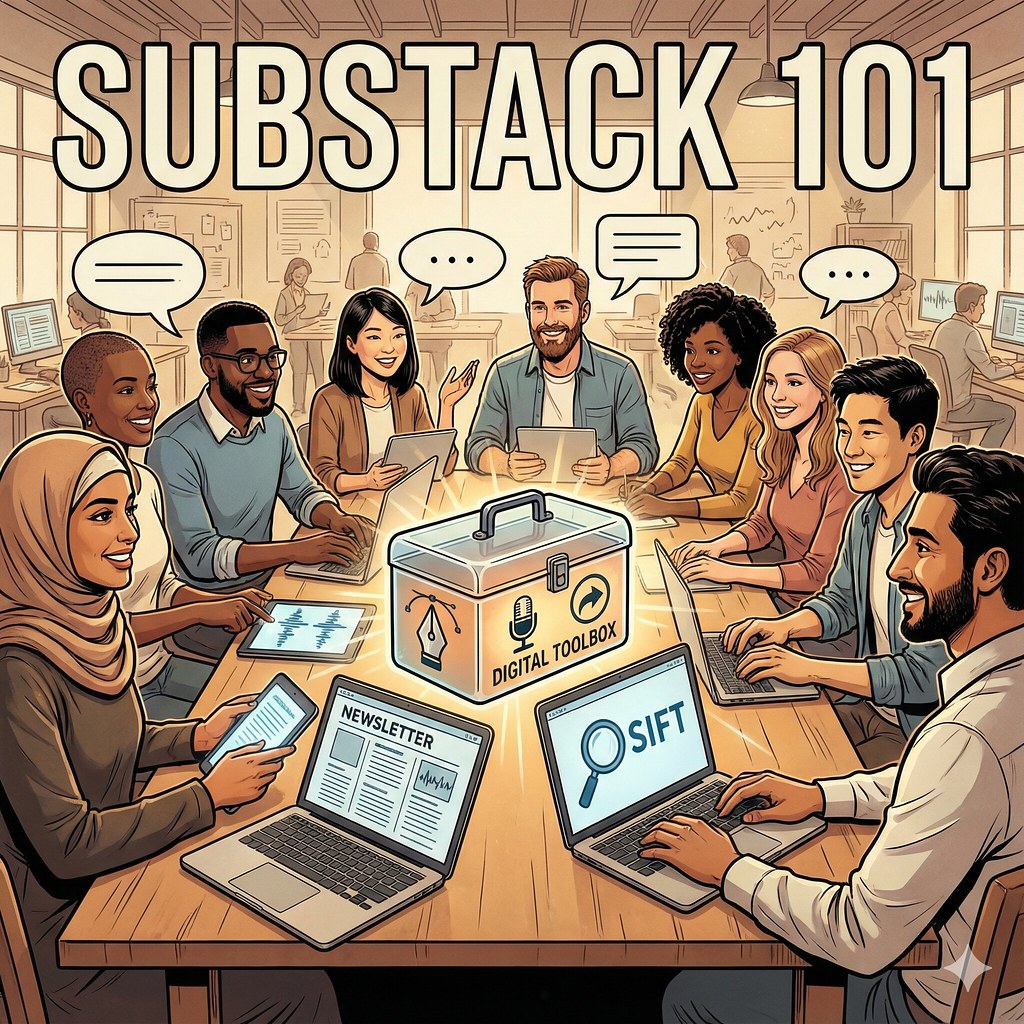
Substack 101
As algorithmic social media feeds become increasingly cluttered with noise and polarization, a growing number of educators and citizens are turning to the "newsletter economy" to reclaim their digital attention. Substack has emerged as a powerful tool in this landscape, offering a space where we can move away from being passive consumers and toward becoming…
Read More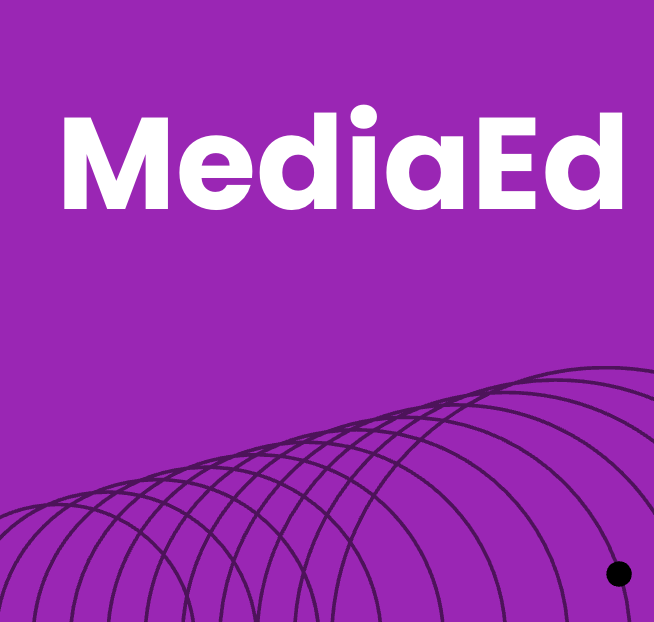
MEL Monthly Meeting
These gatherings are designed exclusively for the 71 people who are currently affiliated with the Lab as core team members, fellows, affiliated faculty, graduate students, or project collaborators.As our work continues to grow in reach, scale, and impact, these monthly meetings give us space to stay connected, share updates, coordinate…
Read More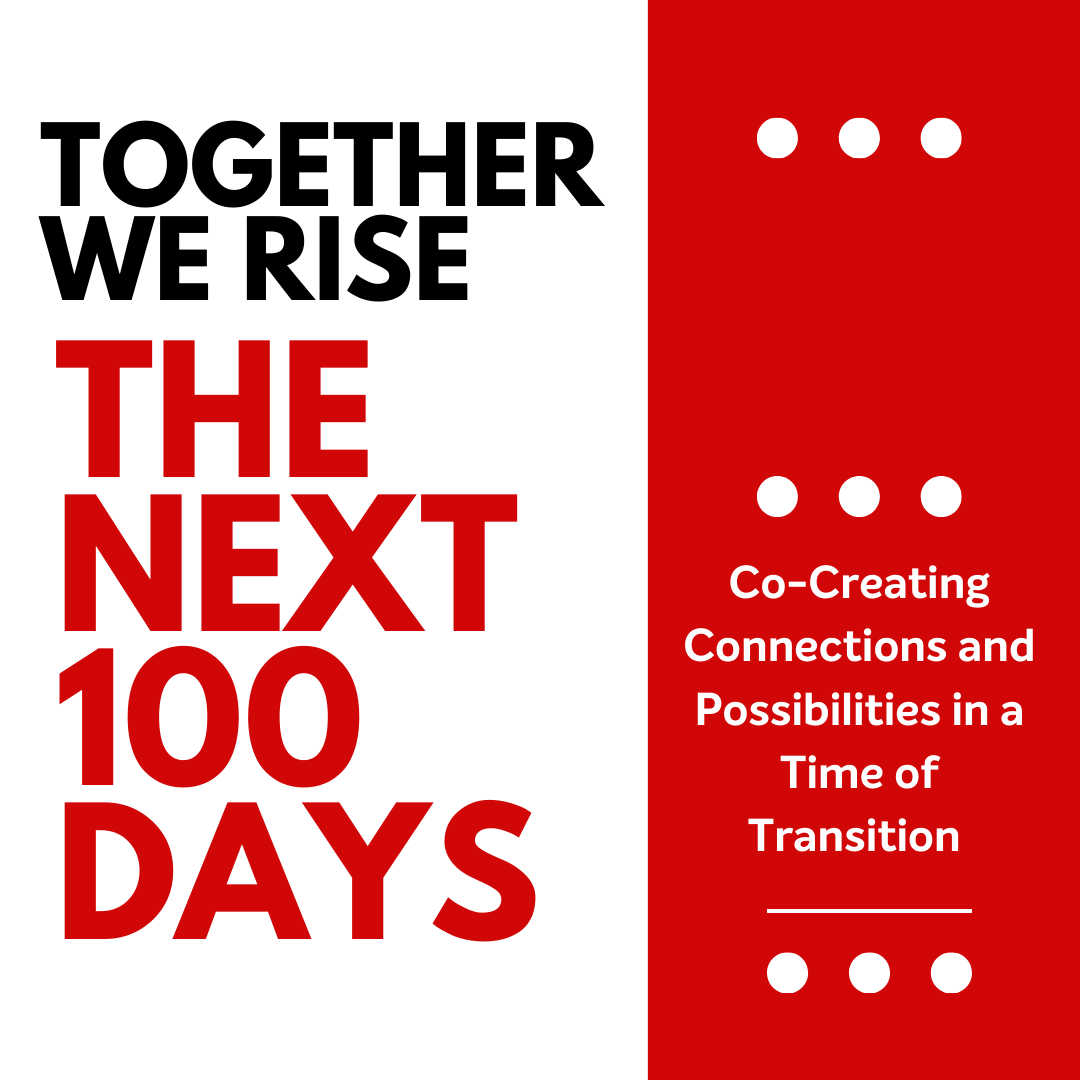
Together We Rise: December 2025
Dear friends of the Media Education Lab community,Like many of you, we are still processing the school shooting that took place at Brown University last week and the days of fear and anxiety that followed. Many members of the MEL community, including myself, live, work, teach, and study in and around Providence, Rhode Island. Many of you reached out to us in the past days, appreciating the…
Read More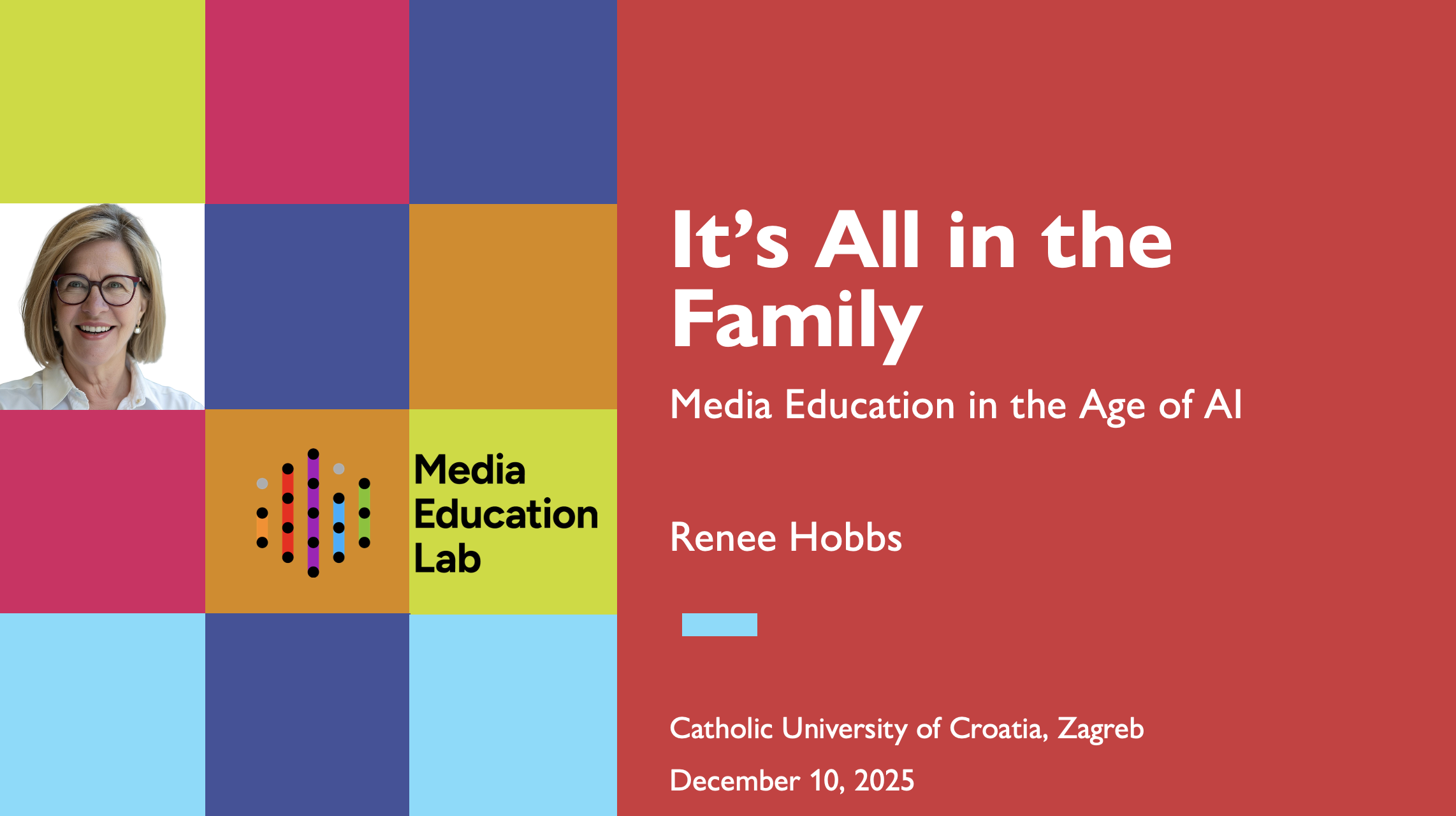
Media & Family Conference
The Catholic University of Croatia (CUC) hosts the "Media and Family in the Age of Artificial Intelligence" conference on December 10, 2025, focusing on media's impact on family life, alongside broader communication conferences addressing disinformation, with participation from international experts, promoting media literacy and digital citizenship, reflecting CUC's engagement in contemporary…
Read More
Media Mindfulness
Media Mindfulness: Building Media Literacy Through Meaningful Discussion Discover how media mindfulness can be a powerful tool to help people become savvy news consumers by engaging in thoughtful discussions about local and current issues. Through guided reflection, students consider which news stories are meaningful to them and how they make them feel. This approach promotes respectful dialogue…
Read More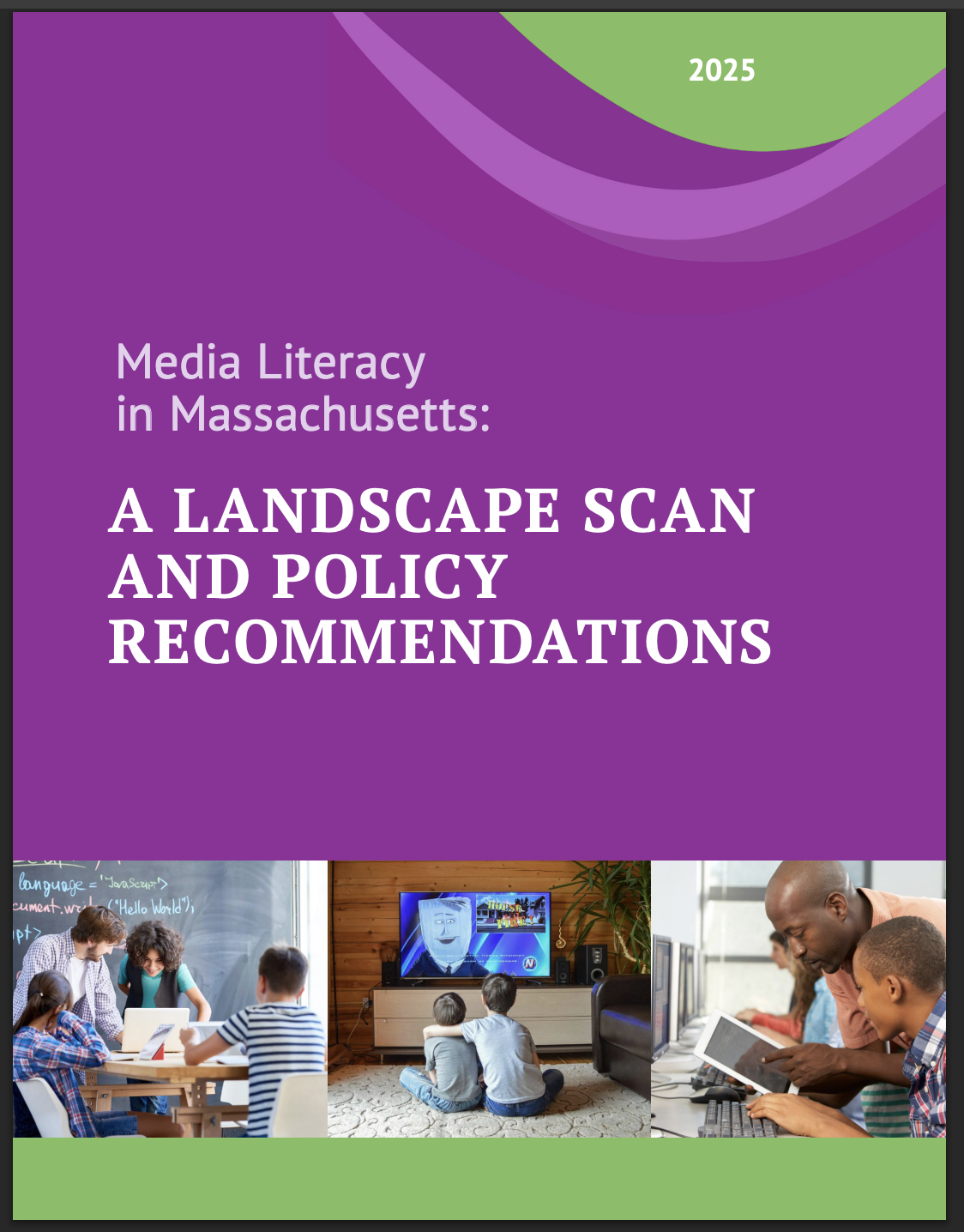
Media Literacy in Massachusetts: A Landscape Scan
The first-ever major statewide initiative to document the scope of media literacy education in American public schoolsClick here to read the report To better understand the status, challenges, and opportunities for advancing media literacy education…
Read More
Media Literacy in Action, 2nd edition 2025
The blurring of entertainment, information, and persuasion is reshaping work, life, and citizenship. As a result, our relationship to media has never been so important nor so complex. By asking critical questions about what they watch, listen to, read, and use, students can be better prepared to be responsible communicators who can use a variety of formats and genres for self-expression and…
Read More
Your Turn to Talk
Now you can participate in online dialogue with people from across the country and around the world with "Your Turn to Talk," a digital interactive learning experience made especially for Renee Hobbs' book, Media Literacy in Action, 2nd edtion. CLICK HERE…
Read More
Courageous Conversations
Bring media literacy and active listening to middle school, high school, college and adult learnersWith support from talented educators and experts who participated in the program, we’re proud to bring you the Courageous Conversations Curriculum. This book contains a collection of materials to help you bring media literacy and active listening into your middle school, high school or college…
Read More
Assignment: Media Literacy
After 25 years, it's still the most popular resource from the Media Education Lab!This is the 18-unit curriculum created by Renee Hobbs and colleagues in 1998! You will be pleased to see how timeless and relevant these lessons continue to be!You can download the PDF files with lesson plans and reproducibles for each unit and use the videos to teach media literacy in conjunction with social…
Read More
Media Literacy Smartphone
Learn how to use the Media Literacy Smartphone with learners of all ages! Download the free Learning Guide to bring the power of media literacy analysis to your learners!These easy-to-use cards, shaped…
Read More
Teachers Guide, Media Literacy in Action
This Teacher’s Guide will help you get the most out of the new textbook by Renee Hobbs, as it offers practical guidance on using this textbook in the classroom. Whether you are an experienced teacher or teaching media literacy for the first time, this guide…
Read More